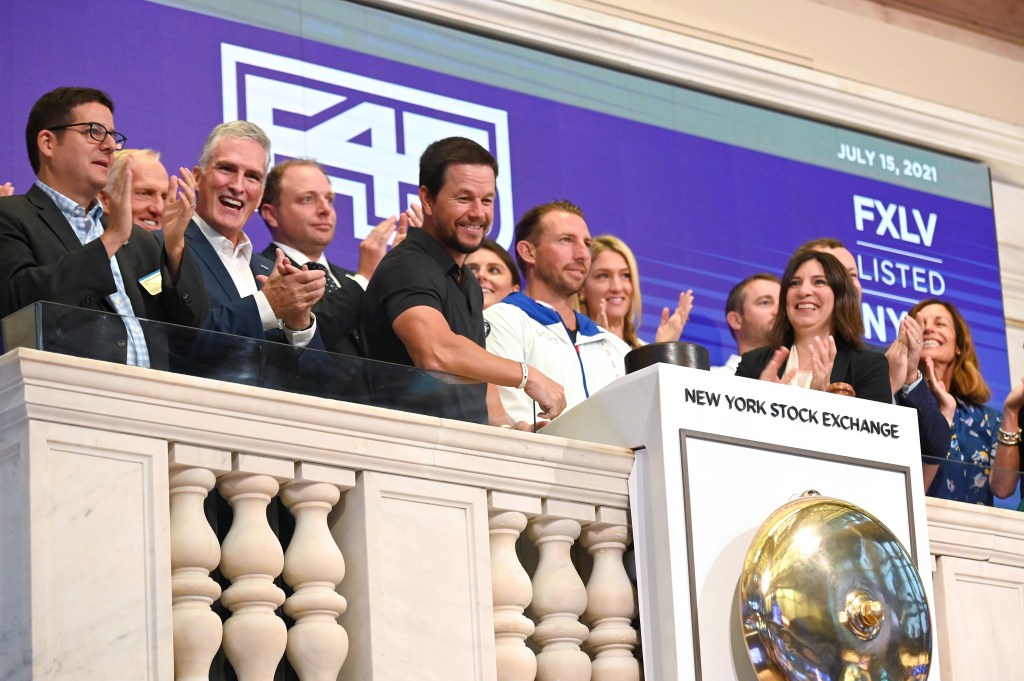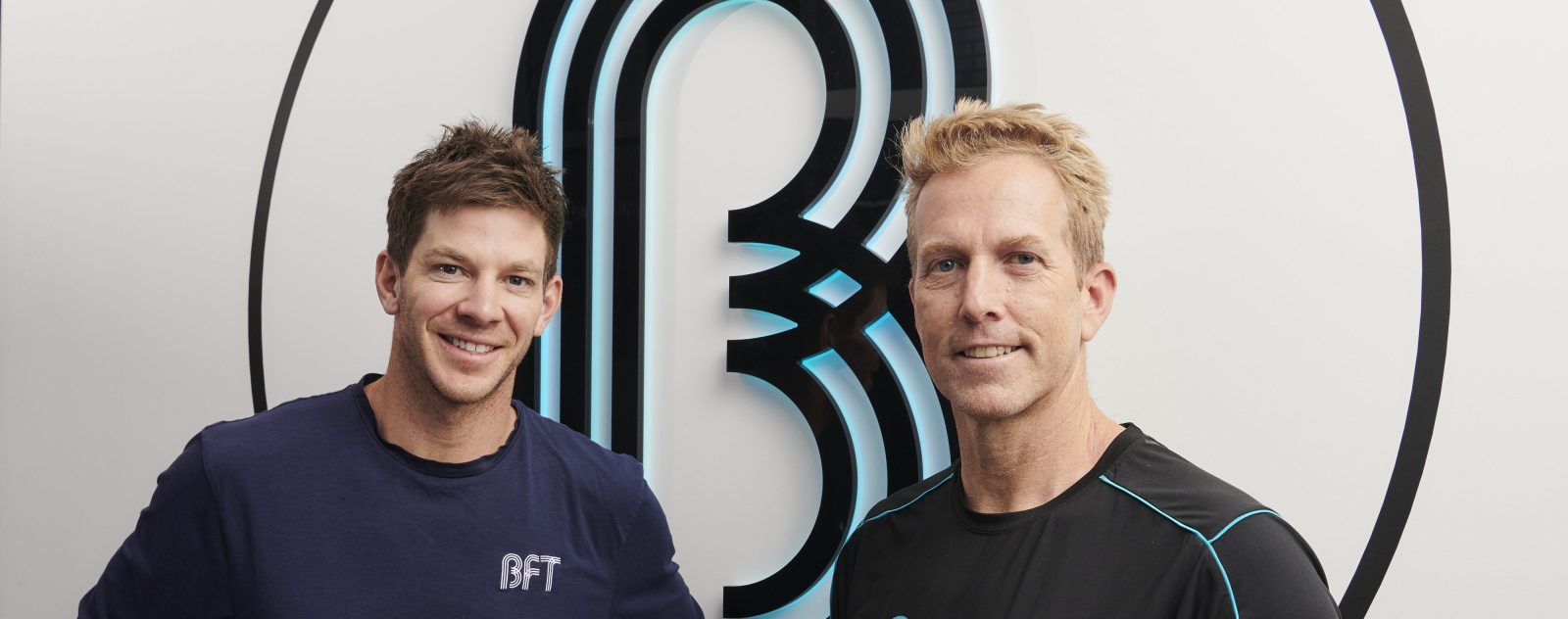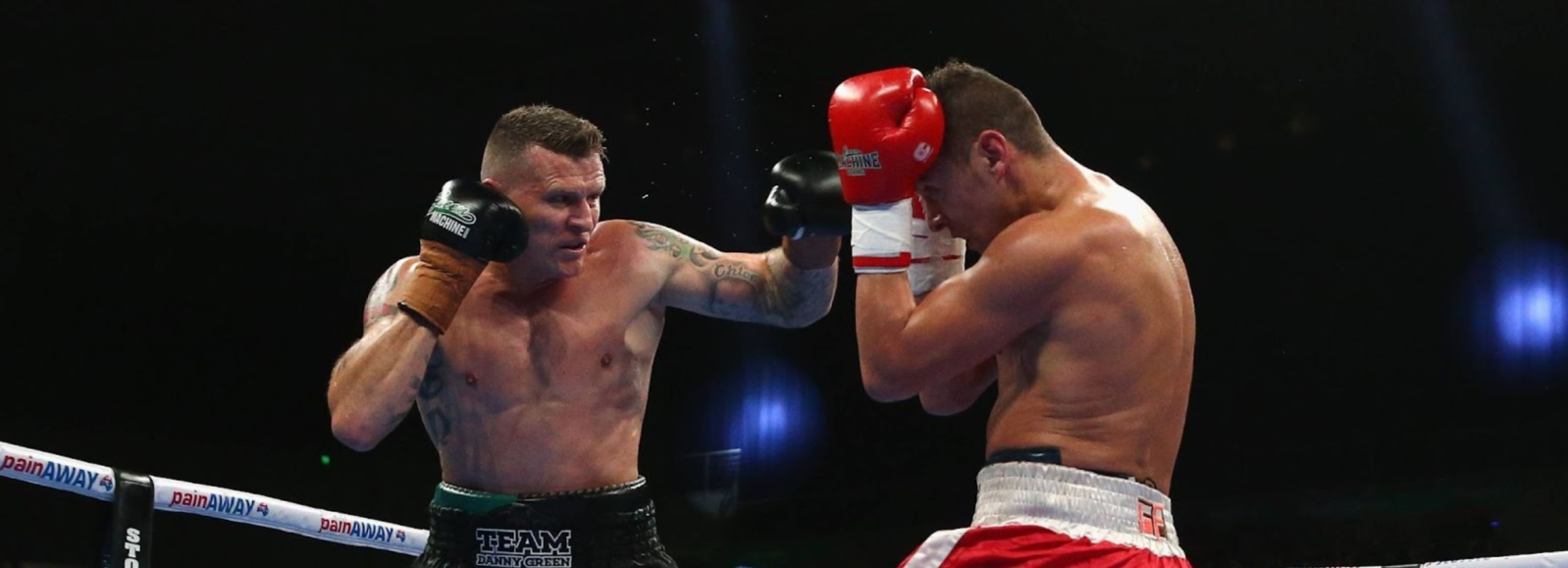The woes of troubled Australian gym franchise F45 continue to mount as lawyers and liquidators circle.

Forty-eight Australian F45 gyms – about one in ten – are reportedly on the market.
Since July, nine F45 gyms have gone into liquidation. By comparison, only one other gym had suffered the same fate, according to the public registry, the Australian Broadcasting Corporation. reported.
At least eight class actions have been launched in the US against F45 related to its listing on the New York Stock Exchange in July 2021. The latest was by US lawyers Lifshitz Law last week alleging “possible securities laws violations and/or breaches of fiduciary duties …
“Specifically, that F45s rapid growth strategy was unsustainable, reliant on franchisees opening multiple locations in a short period of time and/or dependent on franchisees who required near-100 per cent financing of their operations in order to open for business, a model that was, at the time of the July 2021 IPO, unsustainable.”
Lifshitz Law
Less than two years earlier, the brand’s 45-minute high-intensity workout was being hailed as a great Aussie success, as founder and chief executive Adam Gilchrist (not the cricketer) and actor Mark Wahlberg rang the New York Stock Exchange bell (pictured above with golfer Greg Norman in the background) when F45 floated.
Despite Covid-19 lockdowns, the company’s valuation soared to US$1.4 billion as the share price rose from an initial price offering of US$16 to US$17.75.
The stock-price bloodbath began a year later when the company announced it was sacking 110 staff and Gilchrist was stepping down as CEO, though he has remained on the board.
Related
The share price has fallen from US$11.18 to US$1.19 in the last 12 months.
The company grew from one Sydney gym in Paddington in 2012 to a claimed 2,000 gyms in 66 countries.
Part of the company’s woes have been attributed to the high price paid for celebrity endorsements. Celebrity sportsmen David Beckham and Greg Norman, however, claim they were never paid and are suing F45 in US courts for a combined US$15 million.
Wahlberg was part of a group that invested US$100 million in F45 in 2019. That group then sold US$25 million worth of shares at US$16 each ahead of the float on the stock exchange. They also sold 3.2 million shares to Aussie fund manager L1 Capital in 2020.
L1 Capital reportedly owns 6.78% of F45 and Caledonia Investments owns 7.37 per cent.
Earlier this month, 7News reported that two Victorian branches in inner Melbourne had both closed permanently while liquidators had been appointed to eight other branches over six months, including Yeppoon in Queensland, Perth, Melbourne and Mount Barker in South Australia.
Chief executive of the gym industry’s peak body, Ausactive, Barrie Elvish told the ABC the overall fitness sector was in good shape.
Mr Elvish said the sector had reported the strongest January in 20 years in terms of signing up new members, and that F45’s problems were confined to it. “I don’t see that as an industry problem. I think there’s just a few minor exceptions.”





